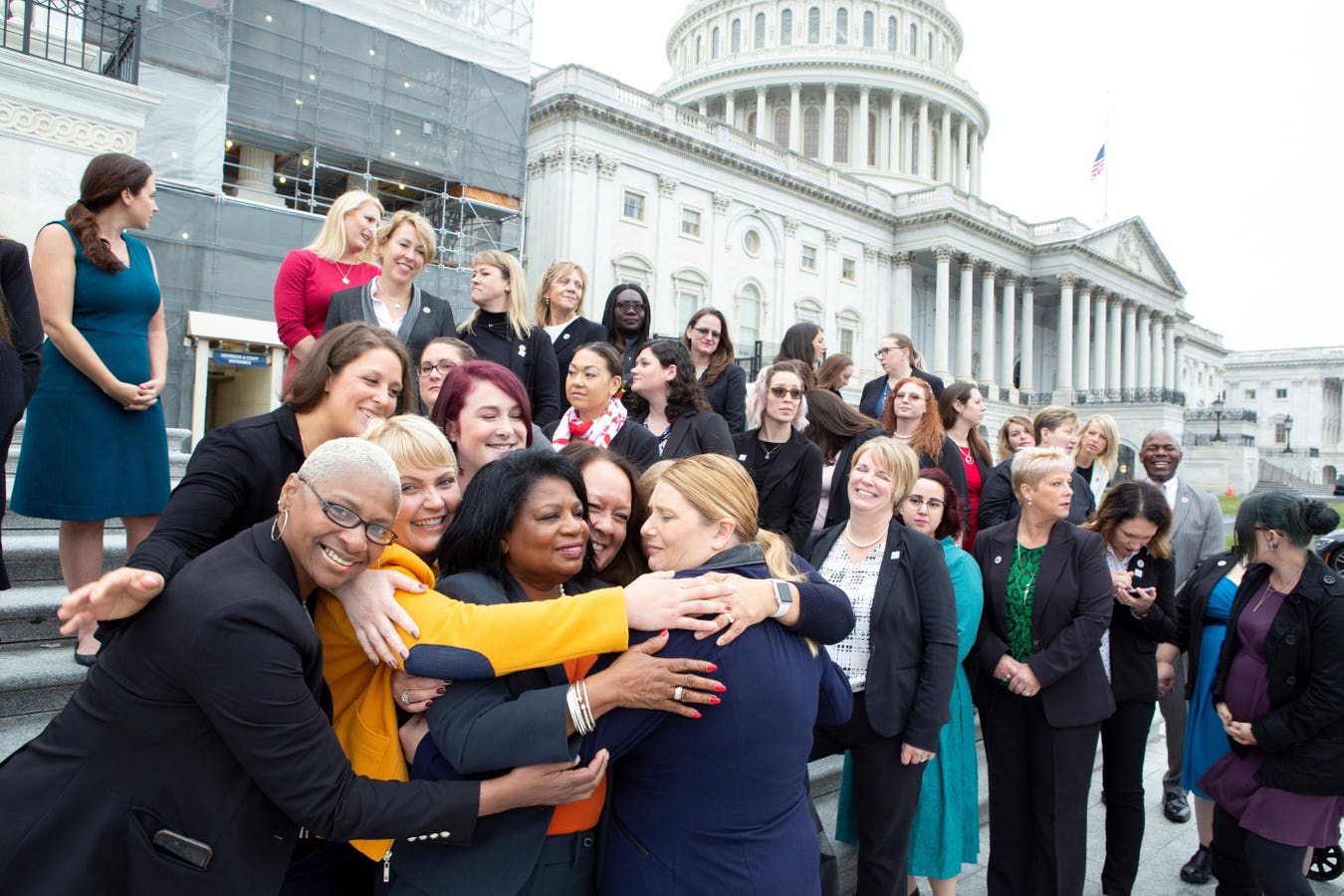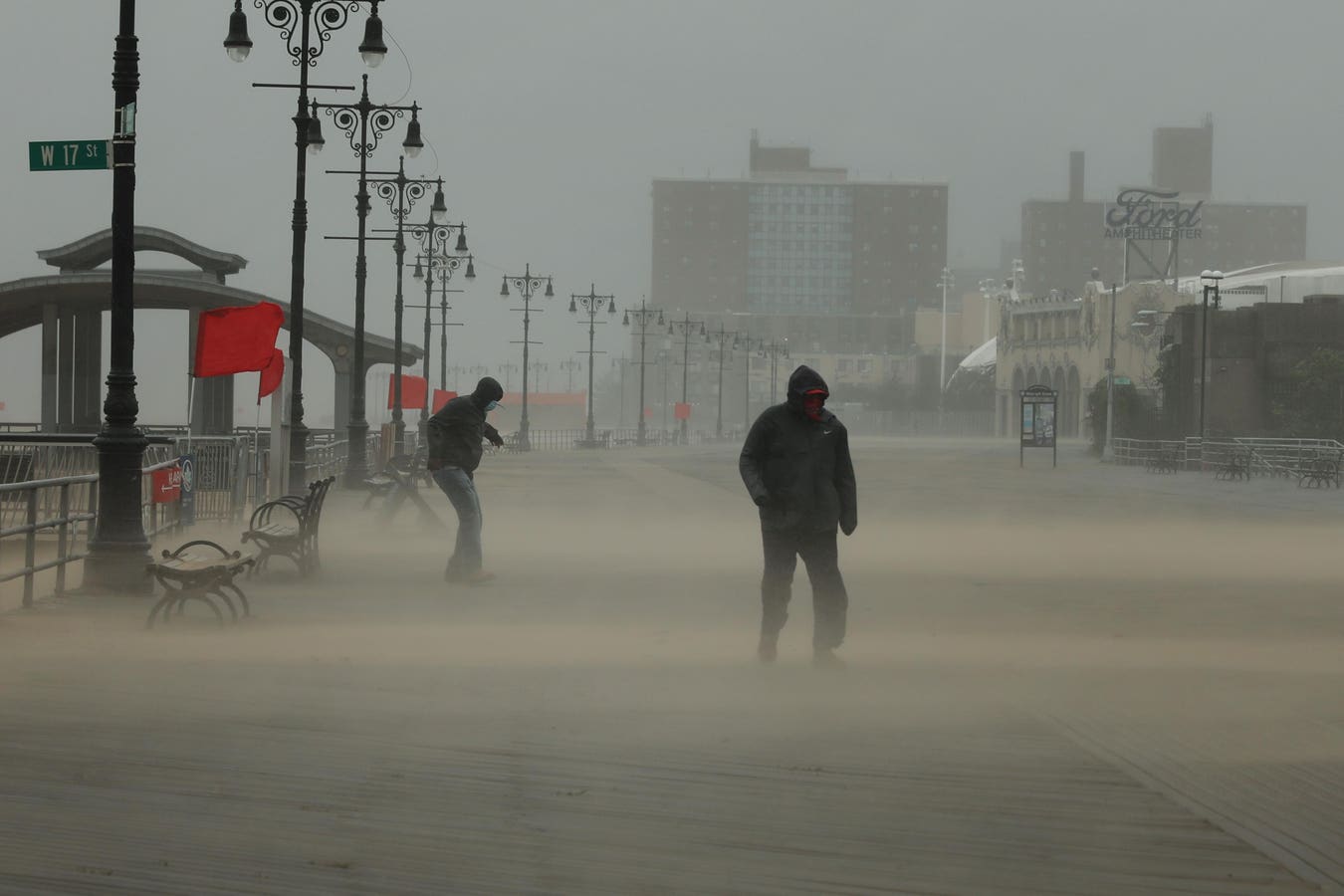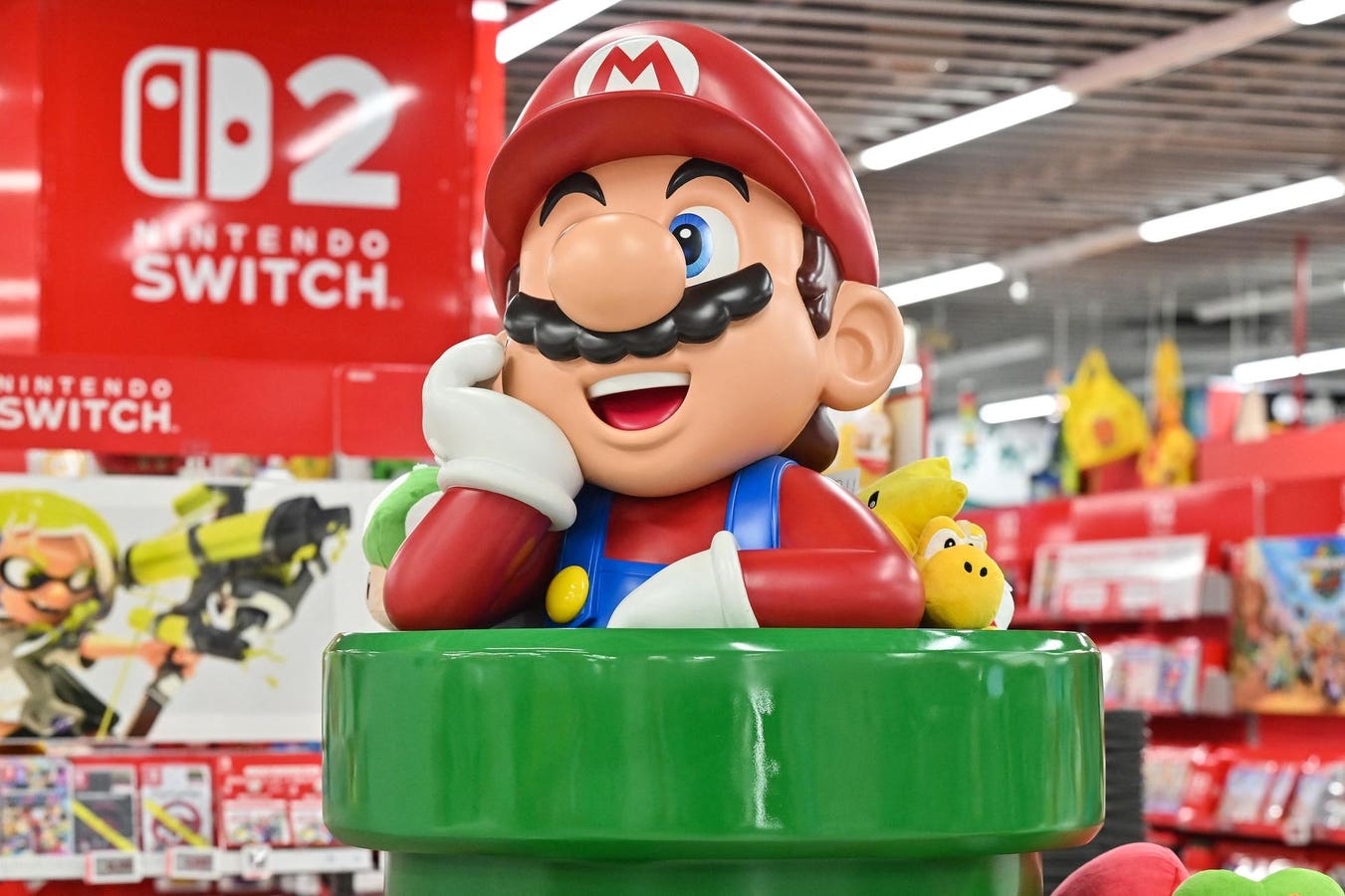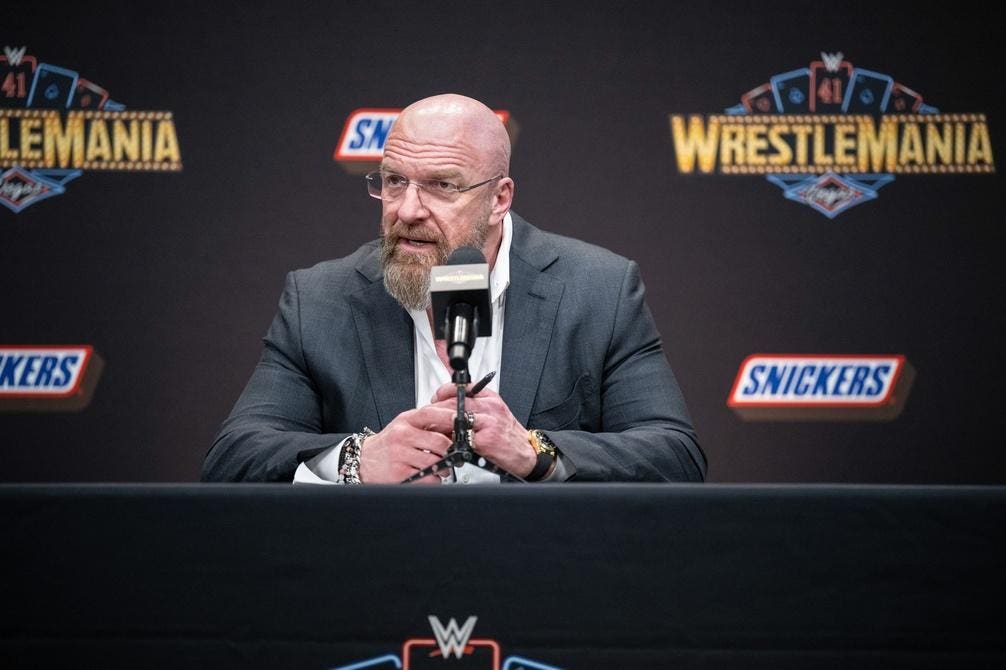Elizabeth Dole Foundation Caregiver Fellows on Capitol Hill
Elizabeth Dole Foundation
Millions of Americans serve as military and veteran caregivers, providing unpaid care to injured, wounded, or ill service members and veterans. Following 9/11 and the global wars on terror, battlefield medicine had progressed to such a point that previously fatal wounds were now survivable, leaving many soldiers in need of care. In response, organizations including the Veterans Administration Caregiver Support Program, Wounded Warrior Project, and the Elizabeth Dole Foundation emerged to support the growing population of military and veteran caregivers. We spoke with Steve Schwab, CEO of the Elizabeth Dole Foundation, about the challenges facing these military and veteran caregivers, and how one woman’s vision became a driving force for systemic change.
Since its founding in 2012, the Elizabeth Dole Foundation has supported and uplifted hidden heroes through research, policy, partnerships, and direct support. “This was a mission that’s turned into a movement when Senator Elizabeth Dole was caring for her heroic husband Senator Bob Dole,” Schwab begins. “He suffered life-altering, almost life-ending injuries, in World War II.” Senator Bob Dole experienced complications related to his injuries throughout his life. As Bob Dole’s health weakened during the peak of the wars in Iraq and Afghanistan, and hospital visits became frequent, Senator Elizabeth Dole served as his primary caregiver. Meanwhile, many other military and veteran families were embarking on their own caregiving journeys as their loved ones returned from duty. “We saw, in real time, families realize that their lives changed the minute their loved one came home and survived,” Schwab explains. “They had no blueprint, no guidelines, and no connection to their loved one’s medical practitioner.”
While Senator Elizabeth Dole tended to her husband, she witnessed the caregivers around her struggle to adjust to their new reality. “We had a whole generation of war fighters and families who felt totally unsupported,” Schwab recalls. “Senator noticed a problem and started a mission.” This realization led her to found the Elizabeth Dole Foundation to bring awareness to the military caregiver crisis and provide support to the millions of family members and friends caring for our nation’s heroes.
Steve Schwab, Sen. Elizabeth Dole, and the Honorable Robert A. McDonald, Secretary of Veterans Affairs
Elizabeth Dole Foundation
The Foundation began with research, working with RAND to understand the nature of the military caregiver crisis. In 2014, they produced a report estimating that there were 5.5 million military and veteran caregivers in the U.S. The Foundation used these findings to garner support from the White House and form a bipartisan coalition with members of Congress, the Veterans Administration, and the Department of Defense “to build new ways to support this family model of recovery and rehabilitation,” says Schwab.
From there, the Foundation expanded its reach, partnering with national organizations in public health and aging, including AARP and the Rosalynn Carter Institute for Caregivers, and recruiting celebrities like Tom Hanks, Savannah Guthrie, and Jocko Sims to raise awareness for military and veteran caregivers. Meanwhile, “we built a peer community that allowed these caregivers to connect with each other for the first time, and find mental health and respite support,” Schwab shares. The Foundation also works closely with the VA to create a caregiver-friendly health system. Schwab confirms, “we have rebuilt the way that the VA works with families from the moment they walk in the door, to the clinical experience, to their recovery at home.”
A decade after the first RAND report, the Elizabeth Dole Foundation and RAND released a second study, with new estimates revealing the number of military and veteran caregivers was over 14.3 million. The study also found that more than 100 million Americans were serving as unpaid family caregivers, among them 5.5 million children. In light of this new information, Schwab states, “we had to step back in the last several months and think about where we go as a country to adequately support the massive growth in the needs of this population.”
A Roadmap for the Future of Military and Veteran Caregiving
The Foundation returned with a new strategic plan, divided into four focus areas: Promoting Emotional and Mental Well-being; Building and Sustaining Financial Mobility; Strengthening Support & Improving Outcomes for Caregiving Youth; and Improving the Care Ecosystem for Veterans and their Caregivers. Other organizations supporting military and veteran caregivers share similar priorities. Other organizations serving military and veteran caregivers share similar priorities. For example, the Tragedy Assistance Program for Survivors provides peer support, specialized programs, and referrals tailored to bereaved military families and suicide survivors. Wounded Warrior Project promotes financial security for post-9/11 veterans and their families through its Financial Readiness Program, which offers one-on-one counseling, seminars, and finance management tools. Likewise, Our Military Kids supports children of deployed National Guard and Reserve members—as well as injured, ill, or wounded post-9/11 veterans—by awarding grants for extracurricular activities.
These initiatives are vital to the health and wellbeing of caregivers and have implications for national security and the economy. “A significant amount of the pipeline of future service members come from military families,” Schwab reveals. “This caregiving reality, the state of military and veteran families, is in direct conflict with our efforts to recruit the next generation of war fighters.” In addition to its national security implications, data from the 2024 RAND Caregiving Survey places the economic value of unpaid military and veteran care between $119 billion and $487 billion, based on assumed hourly caregiver wages.
The Elizabeth Dole Foundation’s latest strategic initiatives are not limited to military and veteran caregivers; rather, the organization seeks to uplift civilian caregivers as well. “Our new vision is that every caregiver, and those they care for, can thrive,” Schwab affirms. “To realize that vision, we need to strengthen communities that support the 100 million-plus caregivers writ large.”
Click here to learn more about the Elizabeth Dole Foundation’s 2025 Strategic Plan.
The Well Beings Blog supports the critical health and wellbeing of all individuals, to raise awareness, reduce stigma and discrimination, and change the public discourse. The Well Beings campaign was launched in 2020 by WETA, the flagship PBS station in Washington, D.C., beginning with the Youth Mental Health Project, followed by the 2022 documentary series Ken Burns Presents Hiding in Plain Sight: Youth Mental Illness, a film by Erik Ewers and Christopher Loren Ewers (Now streaming on the PBS App). WETA has continued its award-winning Well Beings campaign with the new documentary film Caregiving, executive produced by Bradley Cooper and Lea Pictures, that premiered June 24, 2025, streaming now on PBS.org.
For more information: #WellBeings #WellBeingsLive wellbeings.org. You are not alone. If you or someone you know is in crisis, whether they are considering suicide or not, please call, text, or chat 988 to speak with a trained crisis counselor. To reach the Veterans Crisis Line, dial 988 and press 1, visit VeteransCrisisLine.net to chat online, or text 838255.









